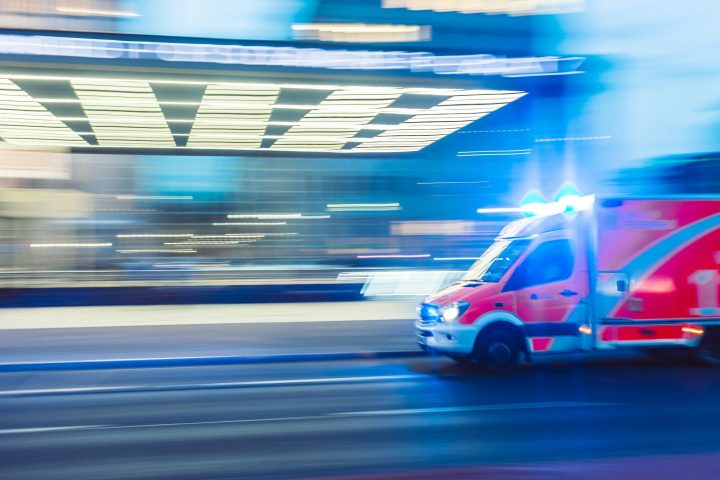The world of emergency medical services (EMS) is a fast-paced and dynamic field, demanding a unique blend of knowledge and skills. Whether you aspire to become a paramedic or simply want to be better prepared for emergencies, enrolling in an EMS course equips you with valuable tools that extend far beyond treating immediate medical needs. Here are 5 key skills you’ll gain from this enriching experience:
Skills You’ll Gain from an Emergency Medical Services Course
Critical Thinking and Problem-Solving
EMS professionals often encounter unexpected situations with limited information. The course trains you to assess situations calmly, analyze symptoms, and make critical decisions under pressure. You’ll learn to prioritize care, improvise solutions with available resources, and adapt your approach based on evolving scenarios.
Effective Communication and Teamwork
Clear and concise communication is crucial in emergency situations. EMS courses hone your communication skills, allowing you to effectively gather information from patients, relay vital details to medical professionals, and provide clear instructions to bystanders. You’ll also learn to collaborate seamlessly with other emergency responders, forming a cohesive team that works together efficiently.
Patient Assessment and Stabilization
A cornerstone of EMS training is the ability to assess patients quickly and accurately. You’ll learn to identify signs and symptoms of various medical emergencies, perform physical examinations, and utilize diagnostic tools. Additionally, you’ll gain the skills to stabilize patients until they receive definitive medical care, potentially minimizing potential complications.
Emotional Intelligence and Empathy
Emergency situations can be highly stressful and emotional for both patients and their loved ones. EMS training equips you with the skills to manage these situations effectively. You’ll learn to demonstrate empathy, de-escalate tense situations, and provide emotional support to those in distress, fostering a sense of calmness and control amidst the chaos.
Adaptability and Resourcefulness
The environment and resources available in emergencies can vary significantly. EMS courses prepare you to adapt to diverse situations. You’ll learn to improvise with limited resources, think outside the box, and utilize your knowledge and skills to provide the best possible care even in challenging circumstances.
Beyond the Tangible
These skills transcend the immediate context of emergency response. They empower you to become a more confident, resourceful, and adaptable individual in various aspects of life. The critical thinking, communication, and problem-solving skills gained through an EMS course can be valuable assets in professional and personal settings alike.
If you’re looking to expand your skillset, contribute to your community, and make a real difference, consider enrolling in an EMS course. The knowledge and skills you acquire can not only empower you to respond effectively in emergencies but also equip you to navigate life’s challenges with greater confidence and capability.
Also Read: Equipping Yourself to Save Lives: Obtaining BLS Certification in Kerala


